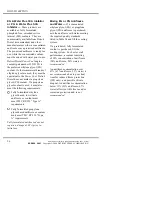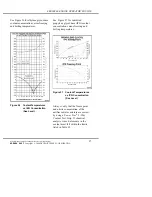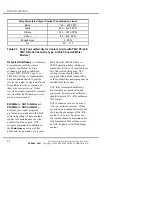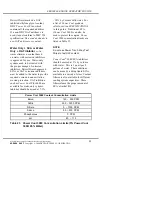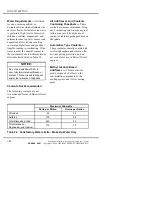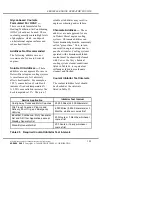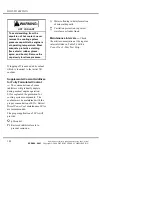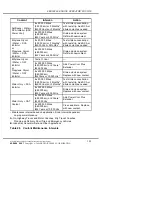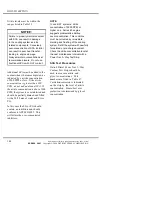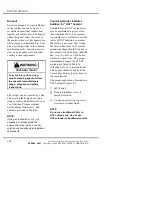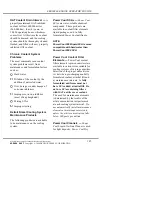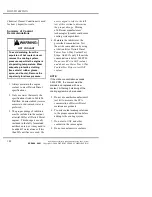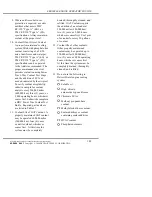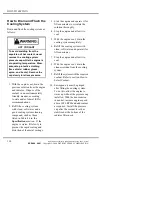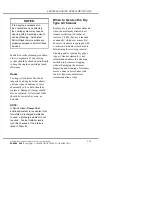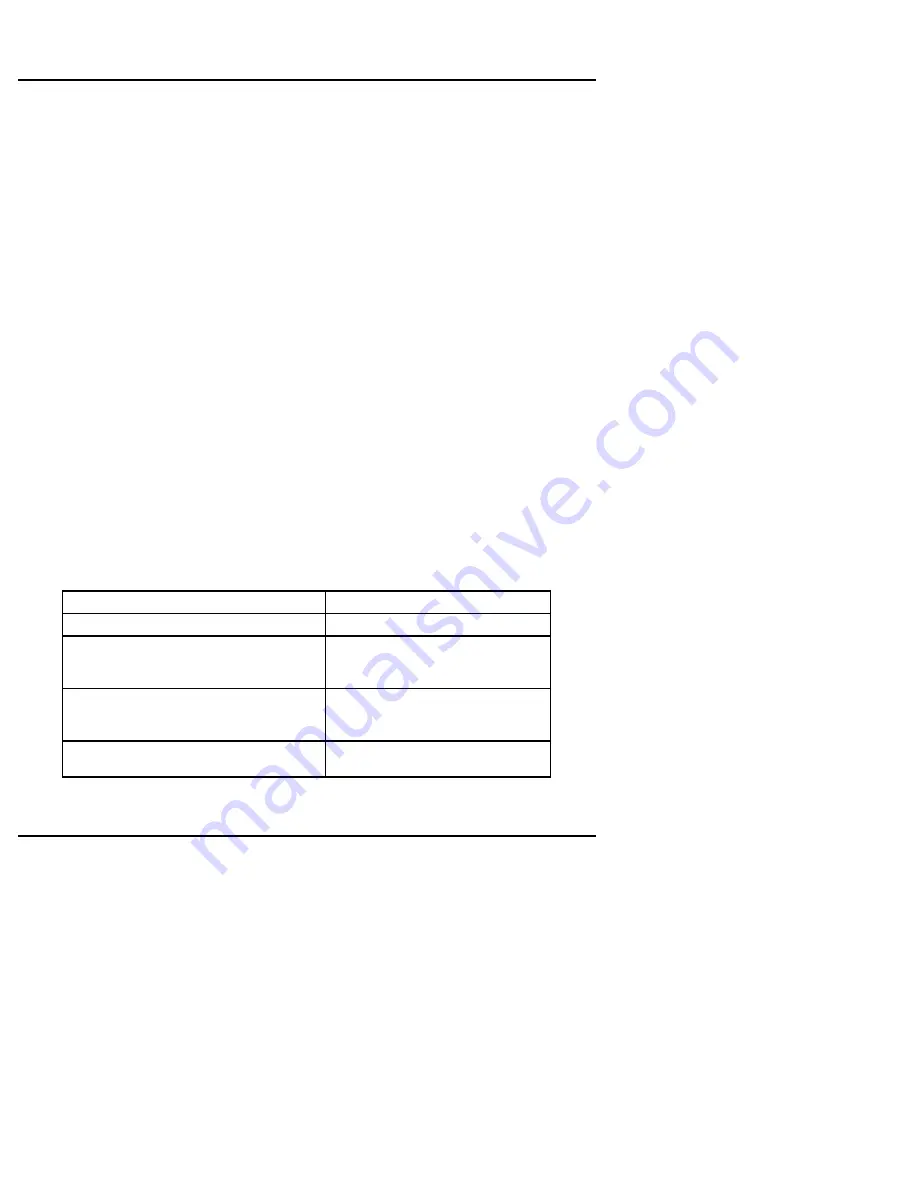
SERIES 60 ENGINE OPERATOR'S GUIDE
Glycol-based Coolants
Formulated For HVAC —
These coolants formulated for
Heating/Ventilation/Air Conditioning
(HVAC) should not be used. These
coolants generally contain high levels
of phosphates, which can deposit
on hot internal engine surfaces and
reduce heat transfer.
Additives Not Recommended
The following additives are not
recommended for use in Series 60
engines.
Soluble Oil Additives —
These
additives are not approved for use in
Detroit Diesel engine cooling systems.
A small amount of oil adversely
affects heat transfer. For example, a
1.25% concentration of soluble oil
increases fire deck temperature 6%.
A 2.50% concentration increases fire
deck temperature 15%. The use of
soluble oil additives may result in
engine overheating and/or failure.
Chromate Additives —
These
additives are not approved for use
in Detroit Diesel engine cooling
systems. Chromate additives can
form chromium hydroxide, commonly
called “green slime.” This, in turn,
can result in engine damage due to
poor heat transfer. Cooling systems
operated with chromium-inhibited
coolant must be chemically cleaned
with Power Cool dry chemical
cooling system cleaner/conditioner
listed in Table 46 (or equivalent
sulfamic acid/sodium carbonate
cleaner) and flushed.
Coolant Inhibitor Test Intervals
The coolant inhibitor level should
be checked at the intervals
listed in Table 25.
Service Application
Inhibitor Test Interval
On-Highway Trucks and Motor Coaches
20,000 Miles (32,000 Kilometers)
City Transit Coaches, Pick-Up and
Delivery, Short Trip, and Emergency
Vehicles
6,000 Miles (9,600 Kilometers) or 3
Months, whichever comes first
Industrial, Continuous– Duty Generator
Set and All Other Applications, except
Standby Generator Set
500 Hours or 3 Months, whichever
comes first
Stand-By Generator Set
200 Hours or Yearly, whichever
comes first
Table 25
Required Coolant Inhibitor Test Intervals
All information subject to change without notice. (Rev. 01/04)
101
6SE484
0401
Copyright © 2004 DETROIT DIESEL CORPORATION










